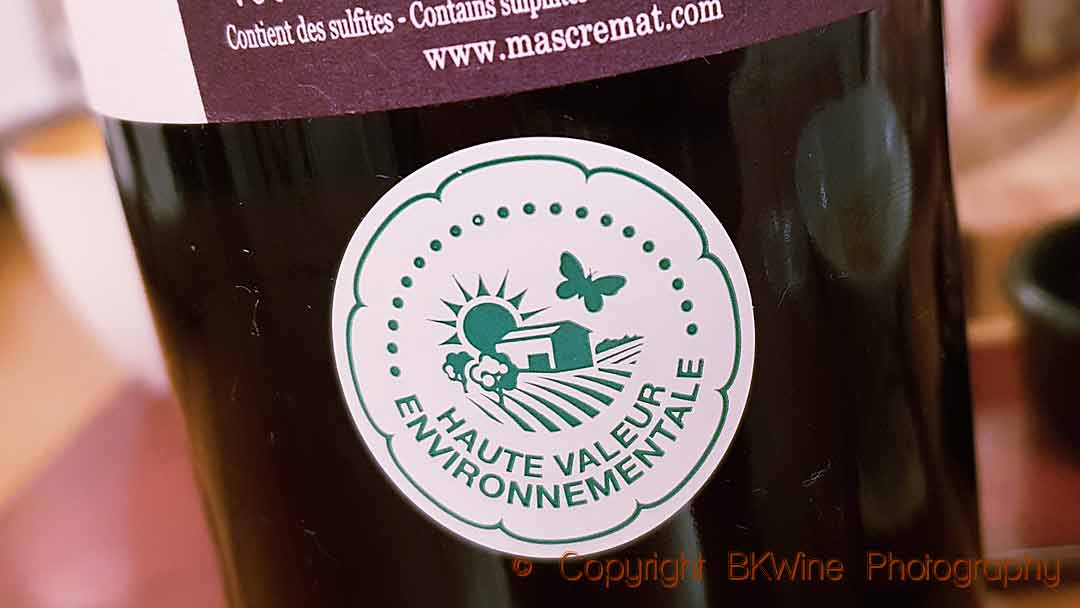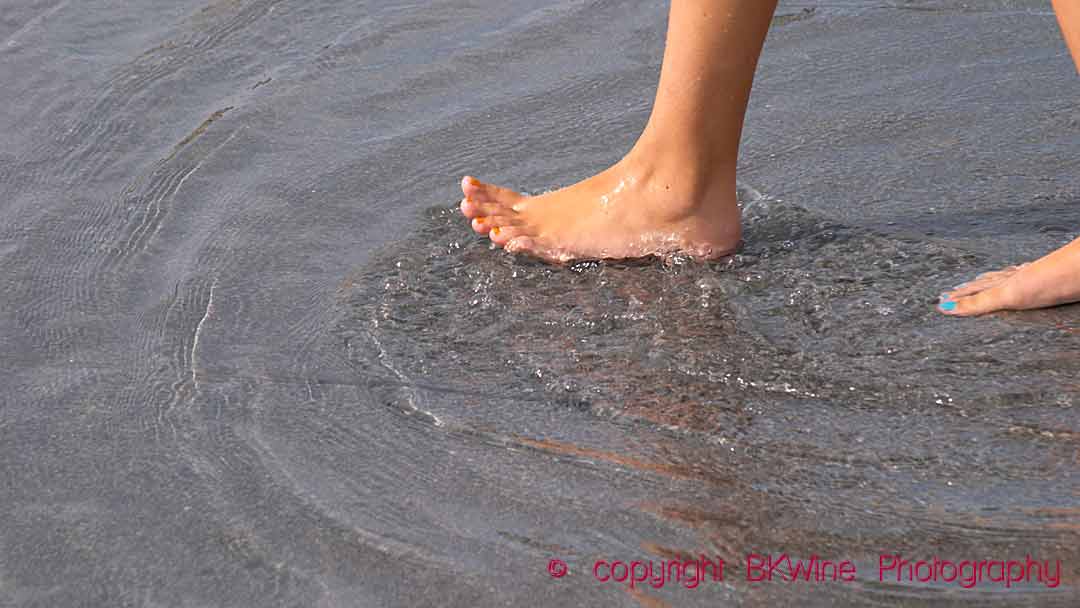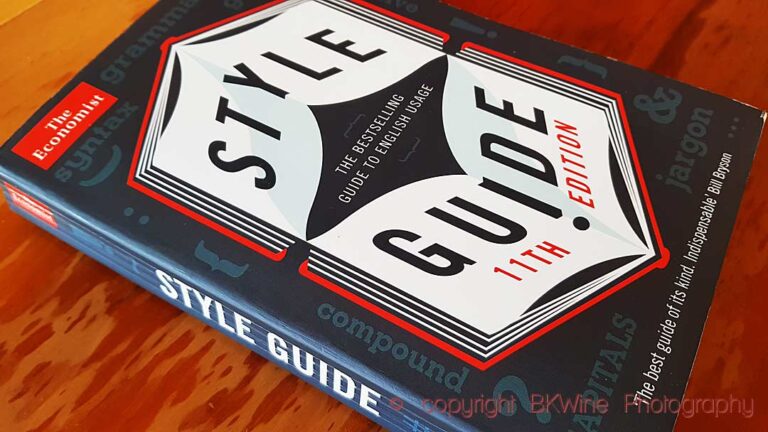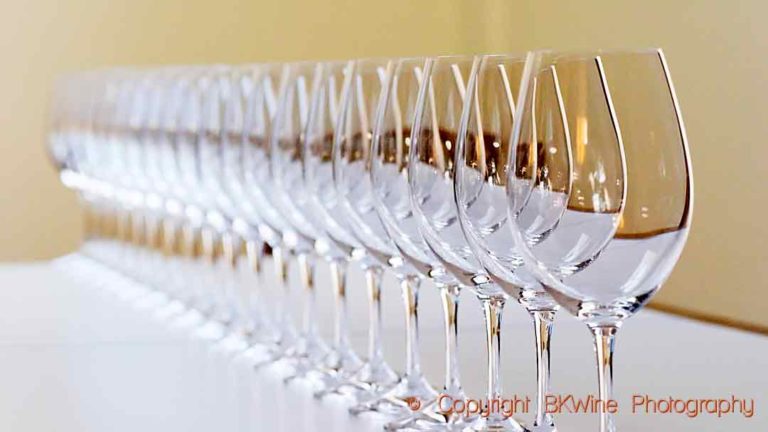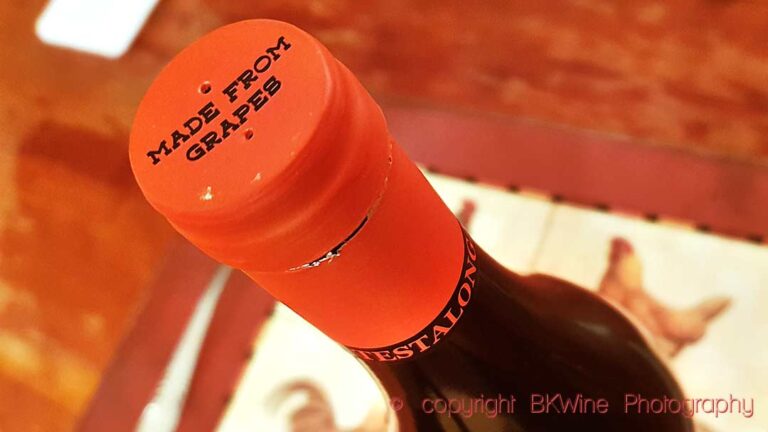
Sustainability is important. But sustainability is a vague concept. And what is considered sustainable or not can quickly change. This became apparent to wine producers that are certified HVE (Haute Valeur Environnementale) when the rules recently changed and became stricter on several points. HVE is the French Ministry of Agriculture’s sustainability label for wine producers and other farmers and the leader among sustainability labels in France. Due to the stricter regulations, some believe fewer winegrowers will become certified.
Rules sometimes change, also for organic farming. The maximum limit for copper spraying, for instance, was lowered in 2021 from 6 kilos of copper per hectare and year to 4 kilos. And some worried that it would be difficult to manage during rainy years.
Is it good or bad that rules for environmental labels are tightened? Is it more important to get more and more people certified as sustainable (and organic) than that the labels are as strict as possible?
One of the biggest problems is deciding what should be considered sustainable or organic. There is no ready definition to use.
The basic idea is simple. Organics is, above all, to avoid chemicals that are too dangerous, things that can be too harmful to plants and animals (including humans). Sustainable is about being careful about resources, counteracting global warming and promoting nature’s diversity.
But from here on, it becomes more complex when you have to agree on what these nice words actually mean and what the rules should be.
Initially, organic is relatively straightforward: all synthetic products for spraying, fertilizing and weeding are banned (“synthetic” being the crucial keyword, it’s not about banning all sprays, which would not be a good idea). On the other hand, when the EU was about to introduce rules for the vinification of organically grown grapes in 2012 to be able to introduce the term “organic wine”, nothing was straightforward or obvious. During the discussions, there were as many opinions as EU countries. They almost didn’t arrive at a solution because they could not agree on the acceptable sulphite levels. They found a compromise in the end. An outcome which we are probably all happy with.
Sustainability is much more complicated. Diversity and resources are difficult to define, and the goals are not entirely obvious. It generates less carbon dioxide emissions if you transport wine by boat from Australia than if you drive it by truck from Italy. Favouring the new resource-efficient packaging (bag-in-box, pouch, can, etc.) drives consumption towards large industrial wine producers, which can knock out many small family producers. Maybe not so “sustainable” socially and financially?
To be able to make good decisions it is critical to measure and put numbers on what one thinks is important (e.g. carbon footprint of transports), not just use grand words.
There are always compromises, whether it’s organic or sustainable, about the vineyard or the work in the cellar. How strict can the rules be for the producers to be still able to make good wines with decent yields? A “perfect” certification which only a few can obtain is not interesting. The only way to minimise the impact and maximise the “sustainability” is to make no wine at all.
The new HVE regulation places a greater focus on microbiological biodiversity, bans the most dangerous synthetic pesticides and requires a reduction in nitrogen fertilization. This probably sounds like good sustainability for most wine consumers.
These are all complicated issues which are not black and white. If you think organics and sustainability are essential, you probably have to shoulder the responsibility and familiarise yourself with the issues, at least a little. And make your own decisions.
It can never be reduced to a simple yes or no.
Travel in winter (but summer)
Some of our most exceptional wine tours are during the winter. They are filled with very special experiences. In summer weather in the southern hemisphere!
You have three fantastic long-distance tours to choose from:
- Chile-Argentina in January – very few places left
- South Africa in February – book now!
These are tours with unique and magnificent experiences.
Travel in harvest time
And you can already start planning for wine tours next harvest season:
- Champagne, September 27 – October 1
- Champagne and Bordeaux, September 27 – October 5
- Bordeaux, October 1-5
More info on our wine tours here. “World’s Top Wine Tours”. Tours with the people who know wine and who have an unrivalled experience of wine and tours.
Enjoy the Brief!
Britt & Per
If you appreciate what we do, you can help us: Tell your friends about the Brief or send it to them.
Like us and follow us on social media:
BKWine Magazine on Facebook | Wine Tours on Facebook
Twitter | Instagram | Linkedin | YouTube
This is just the introduction to the latest issue of the Brief. Subscribe to the BKWine Brief and you will get the whole edition in your mailbox next month.
What’s on at BKWine Tours
BKWine is also one of the world’s leading wine tour operators. Here’s what we currently have on our scheduled wine tour program:
- Chile-Argentina, January 16-29 – BOOK NOW
- South Africa, February 8-18 – BOOK NOW
- New Zealand, March 15-30
–
- Champagne, September 27 – October 1
- Bordeaux and Champagne, Sept 27 – Oct 5
- Bordeaux, October 1-5
We also make custom designed wine tours.
We’re different than most other wine tour operators. We are people who know wine inside out, who travel constantly in wine regions, who write award winning books about wine. Who do this out of passion. Our tours are different from others. More in wine tours: BKWineTours.com.


